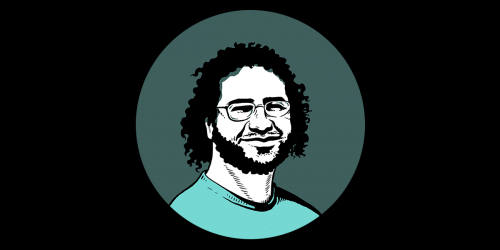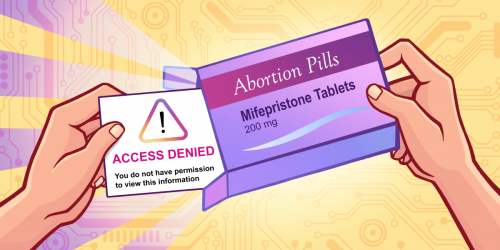Public Interest Groups Help Protect Anonymity of Accused Infringers
Pennsylvania - A district court in eastern Pennsylvania has issued an order that will force the Recording Industry Association of America (RIAA) to better respect the privacy and due process rights of people it has accused of copyright infringement. After RIAA members asked the court to issue subpoenas to Internet Service Providers (ISPs) for the names and addresses of people they suspect of infringement, the court issued an order that the ISPs must first send their customers detailed notices about the subpoenas, including information about how the accused suspects can contest the subpoenas.
The controversy arose after the music industry filed a flood of lawsuits against anonymous individuals whom the industry claimed were sharing copyrighted music. Because the industry did not know the identities of the individuals, it served subpoenas to the individuals' ISPs seeking their names. The court held that before the ISPs turn over these names, they must send notices to the individuals advising them of their rights. This allows a targeted individual to make an intelligent decision about what steps to take before his or her identity is disclosed.
The Electronic Frontier Foundation (EFF), Public Citizen, the national American Civil Liberties Union (ACLU), and the ACLU's Pennsylvania affiliate participated in the case as friends of the court. The organizations have been heavily involved in protecting the right to anonymous speech and ensuring that people sued for copyright violations are made aware of their rights.
"The constitutional right of individuals to anonymous speech is just as important on the Internet as it was when the Federalist Papers were published," said Chris Hansen, an attorney for the ACLU. "The court has properly found that before someone's identity is disclosed, that person should at least have a right to be heard and to raise certain defenses."
"Judge Rufe has required the recording industry to meet the same standards of proof that are required when other plaintiffs seek to identify anonymous Internet users," said Public Citizen attorney Paul Levy. "We can only hope that judges throughout the country will follow this example."
EFF legal director Cindy Cohn added, "Receiving notice from your ISP that you are being sued by the record companies is a terrifying experience for the grandmas, students, and working mothers who have been caught up in the RIAA's lawsuit crusade. By requiring ISPs to include basic information such as the right to challenge lawsuits and where to go for help, the court took a big step toward helping people understand their options."
Contacts:
Cindy Cohn
Legal Director
Electronic Frontier Foundation
cindy@eff.org
Paul Alan Levy
Attorney
Public Citizen Litigation Group
plevy@citizen.org
Paul Silva
Media Relations Associate
American Civil Liberties Union
psilva@aclu.org









